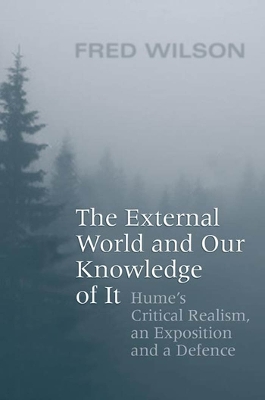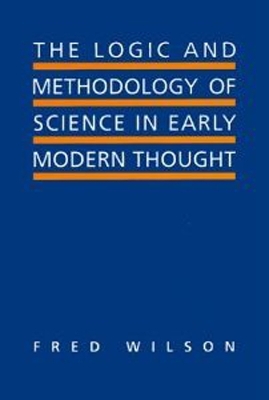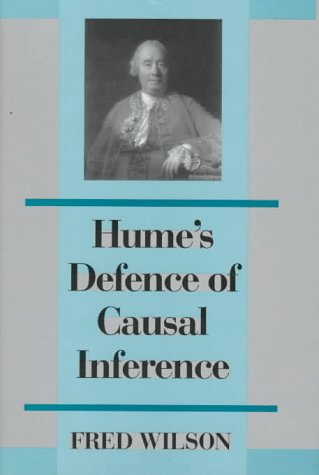Toronto Studies in Philosophy
4 total works
Such a reading, the author explains, is not only more faithful to the texts, but also reinforces the view of Hume as a critical realist in light of twentieth-century discussions between externalism and internalism, and between coherentists and foundationalists. Complete with original observations and ideas, this study is sure to generate debates about Humean philosophy, critical realism, and the limits of perceptual knowledge.
The Logic and Methodology of Science in Early Modern Thought
by Fred Wilson
During the seventeenth and eighteenth centuries, Aristotelian notions of logic and causation came under serious attack. Traditional philosophy speaks of this period as marking a revolution in scientific thought. In this book Fred Wilson reinstates and extends the traditional conception of the scientific revolution and its significance, and explores the goals and directions of the new science according to the differing interpretations of rationalist and empiricist thinkers.
Wilson argues for an empiricist approach to scientific method and explanation, and defends an empiricist as opposed to an Aristotelian account of logic. Calling on an impressive range of intellectual history, he gives a sympathetic account of the earlier Aristotelian philosophy, including such topics as the role of God in explanations, and then proceeds to examine the evolution of the empiricist account of science through a number of early modern figures: Bacon, Descartes, Locke, Hobbes, Berkeley, and Hume. He shows that the new science was characterized not just by its methodology and the kinds of explanations it engendered, but also by a new epistemology and a new understanding of being.
A skilled and widely published author in the history of modern philosophy and the philosophy of science, Wilson brings persuasive new argument and detail to his re-evaluation of this important subject.
Logic and Methodology of Science in Early Modern Thought, The: Seven Studies
by Fred Wilson



